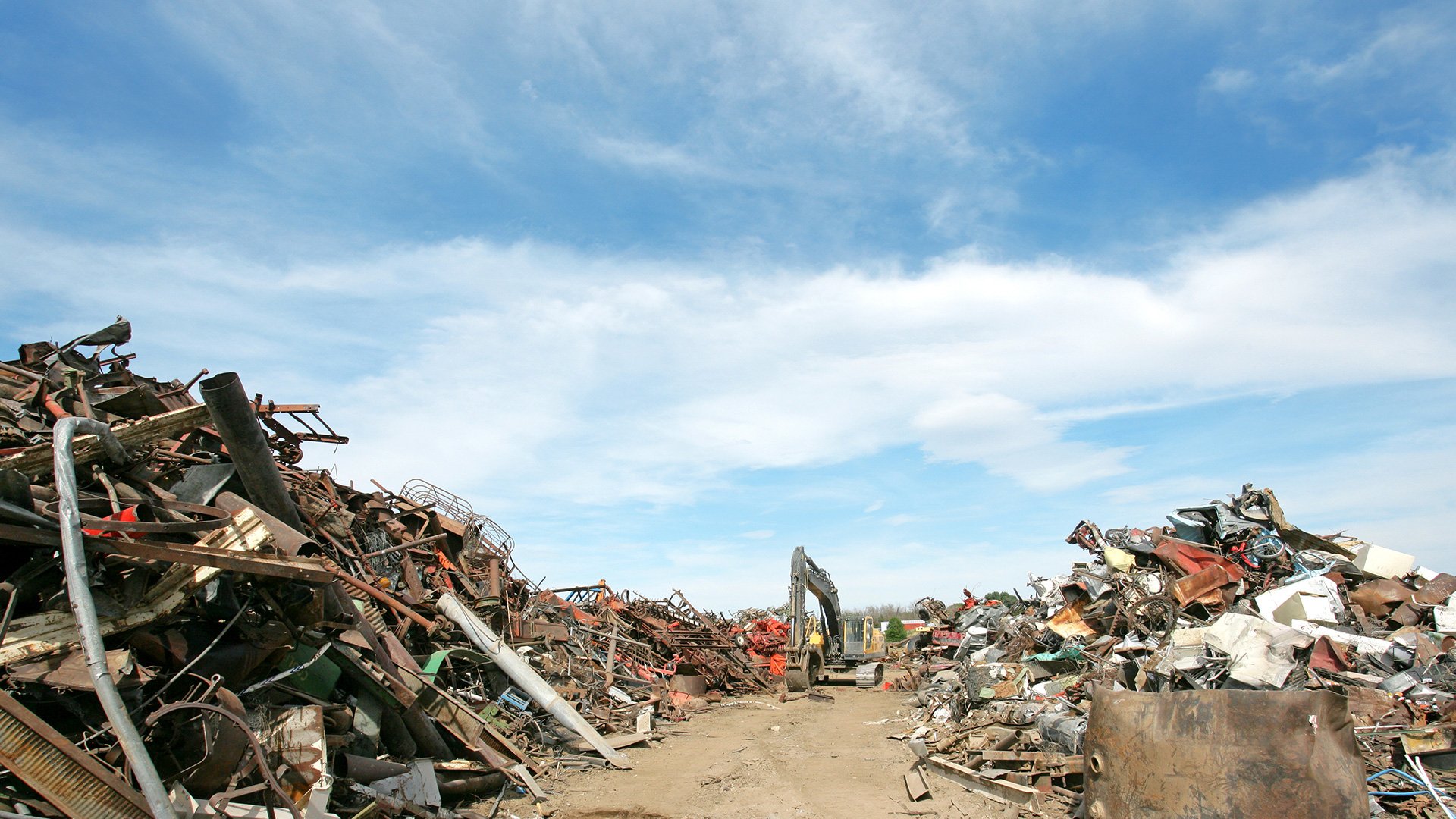

FEB 04, 2025
In today’s world, the need for sustainable packaging has never been greater. In response to escalating environmental concerns, numerous industries are transitioning to biodegradable packaging as a means to mitigate waste and diminish their ecological imprint. In contrast to conventional plastic packaging, biodegradable materials decompose naturally over time, thus decreasing landfill debris and lessening pollution. However, integrating biodegradable packaging into existing recycling programs poses challenges that need to be addressed to maximize its benefits.
In this blog post, our professionals from RCM Recycling will talk about biodegradable packaging and its role in recycling programs.
Biodegradable packaging plays an essential part in reducing the burden on recycling facilities. Many conventional packaging materials, especially plastics, are difficult to recycle and often end up contaminating recycling streams. By transitioning to biodegradable alternatives, both businesses and consumers can contribute to the reduction of contamination and enhance the efficiency of recycling programs. Furthermore, some biodegradable materials can be composted, offering an alternative waste management solution that supports a circular economy.
Although biodegradable packaging is frequently linked to organic waste, it also intersects with various recycling initiatives, including the recycling of discarded metal. Many industries that use scrap metal buyers for recycling metal waste are also making the transition to eco-friendly packaging. This shift helps create a more sustainable supply chain, where all materials—whether metal, plastic, or biodegradable—are managed in a way that reduces environmental impact. By incorporating biodegradable packaging, industries involved in scrap metal recycling can further enhance their green initiatives and promote responsible waste disposal practices.
Despite its benefits, biodegradable packaging presents challenges in traditional recycling programs. One major issue is the lack of standardized regulations for biodegradable materials, leading to confusion over proper disposal methods. Some biodegradable plastics require industrial composting facilities to break down efficiently, while others can be processed through regular recycling streams. The lack of clear labeling and public awareness further complicates the process, making it essential for recycling programs to educate consumers about proper disposal practices.
With the progression of technological advancements, the outlook for biodegradable packaging appears highly favorable. Innovations in material science are creating stronger, more durable biodegradable alternatives that can replace traditional plastic packaging without sacrificing functionality. Additionally, as recycling programs evolve, they are beginning to incorporate biodegradable materials into their waste management strategies. By working closely with scrap metal buyers in Barnesville, GA and other recycling industry stakeholders, businesses can develop more comprehensive sustainability programs that address all aspects of waste reduction and resource conservation.
Consumers are instrumental to the success of biodegradable packaging and recycling initiatives. By making informed purchasing decisions and properly disposing of biodegradable packaging, individuals can contribute to a cleaner, healthier environment. Recycling programs and scrap metal recycling initiatives can work together to educate the public on how to dispose of different types of waste responsibly. The increased engagement of consumers in sustainable practices significantly enhances the reduction of overall waste and promotes environmental conservation.
Biodegradable packaging represents a vital element in modern recycling campaigns, providing a sustainable alternative to traditional materials. While it is challenging to integrate these materials into existing waste management systems, continued innovation and public education can help bridge the gap. Buyers of scrap metal and recycling programs can engage in collaborative efforts to establish more comprehensive sustainability initiatives that promote both biodegradable packaging and the recycling of scrap metal in Mcdonough, GA. By adopting these efforts, both businesses and consumers can play a pivotal role in fostering a more sustainable and environmentally responsible future.